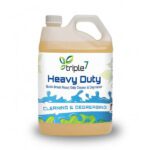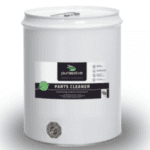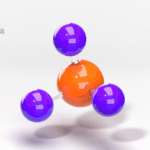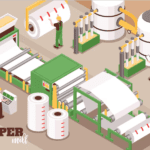Descaling is the removal of mineral deposits and other contaminants from metal surfaces like cooling coils and heat exchangers. It’s crucial and difficult work because it necessitates a good understanding of the descaling processes. Descaling frequently necessitates powerful acids to dissolve the scale, which may contain calcium, magnesium, silica, and other carbonates. Hydrochloric acid is the most popular descaling chemical. The significance of the descaling of galvanised cooling coils is that it prevents the cooling coils from becoming clogged with mineral deposits. Let’s explore the fundamentals of eliminating scale from cooling coils constructed of galvanised pipes in this blog.
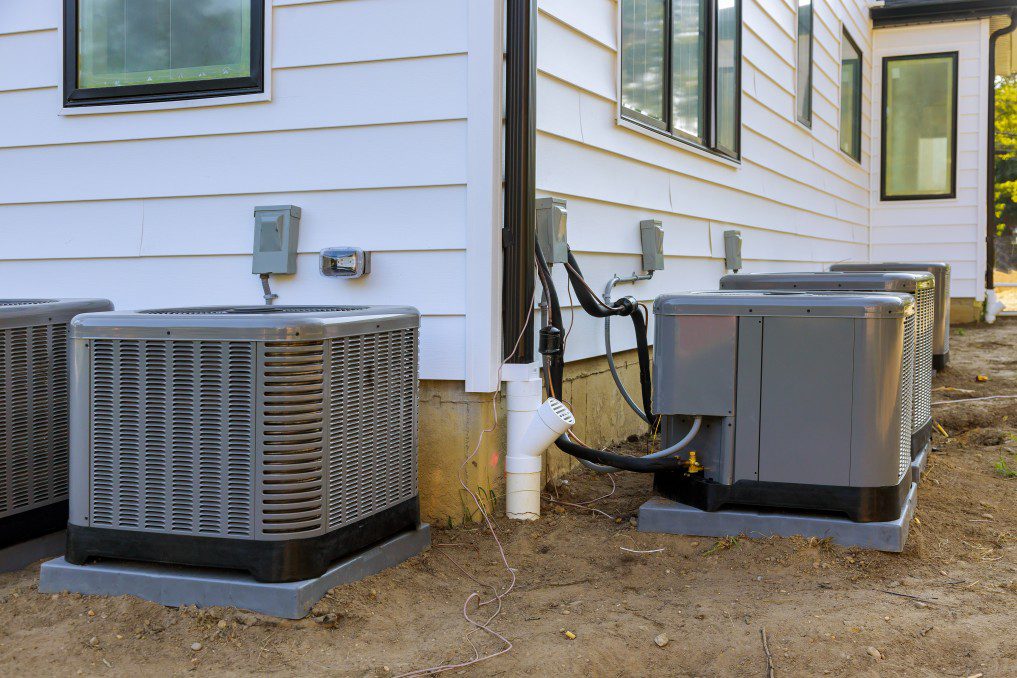
It is a widely agreed fact that acids should not be used for descaling, and alkaline descaling solutions should be used instead. Alkaline descaling agents are less hazardous to the environment, provide a reduced risk to employees, and are more cost-effective due to their reusability.
On the other hand, researchers argue that acid descalers can be used safely in specific applications if handled and disposed of properly. Given the contradicting facts, it’s critical to understand how acids function, how they’re used in descaling processes, and what kinds of systems are best for using them.
1. Descaling of cooling coils made of galvanised pipes is a common process in many industries.
Due to their exceptionally effective energy transfer characteristics, the best brands of cooling coils in chiller facilities of dairy, fisheries, and other businesses employ galvanised pipes. Water scales grow after a few months, regardless of how carefully controlled the working conditions are.
2. The use of acids in descaling cooling coils made of galvanised pipes is an important process to be done correctly.
Maintenance expenses rise in lockstep with the ageing of motors and related pumping and recirculation systems. Galvanised pipes are very susceptible to acidic environments, and heat transfer efficiency is harmed when scales develop. The decrease in efficiency leads to a 35-50 percent rise in energy expenses every 3/8 of an inch of scale.
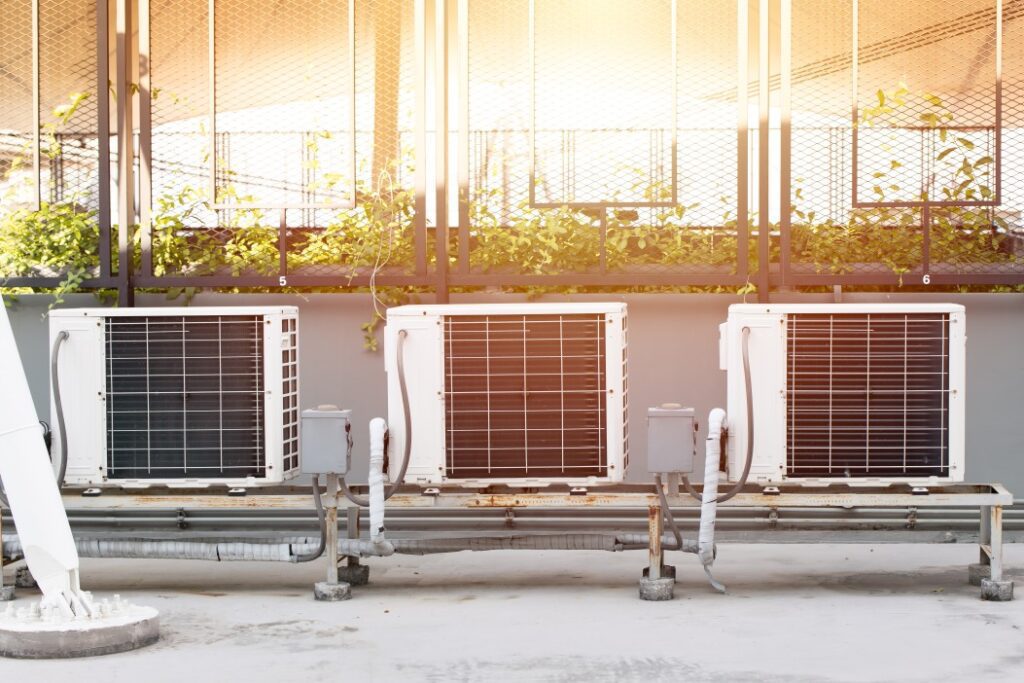

3. Safety precautions for the use of acids in descaling cooling coils made of galvanised pipes must be followed correctly and strictly to ensure safety to workers and environment from any harm that could result from incorrect practices.
It’s crucial to use a non-corrosive, fast-acting descaler. The chillers run 24 hours a day, seven days a week, and maintenance downtime of 24 hours is nearly never available. The descaler would have to be able to:
- Act quickly
- Be non corrosive to parts of motors, pumps and to rubbers, plastics, acrylics and aluminium
- Be safe for the working personnel
- Be non fuming and non toxic
- Be Eco Friendly
- Be non corrosive to galvanised pipes
- Should have easy disposal considerations
Eco Scale is a non-fuming descaler that is free of harsh acids. It is safe to dispose of down drains and has no adverse effects on marine life or aquatic animals. Eco Scale, an environmentally safe and biobased descaler supplied by Enviirofluid, is the most viable on the market. Eco Scale is a natural-based descaler that can be used to remove scale deposits from galvanised pipes.
Winding Up…
The significance of the descaling of galvanised cooling coils is that it can improve the efficiency of a cooling system. The importance of the descaling of galvanised cooling coils is that it can be a measure to prevent the corrosion of the metal. It can also help avoid scaling and fouling, which are harmful to the metal. The operations have been carried out effectively in several diaries and in the country’s fisheries export. This has solved a long-standing issue for cooling system manufacturers who use galvanised steel tubing.





